Our projects and research shape the STEM education field by introducing innovative curricula and improving student access to STEM.
We support more than 60 active projects every year, and our high-quality, innovative research is based on the understanding that for STEM, real-world application matters. We inspire, motivate, and create life-long learners by helping students connect what they are taught in the classroom to the world around them.
These projects and our research are designed to encompass a wide range of subjects and disciplines within STEM education and teaching methods to expand accessibility for all eager minds.
Can’t find what you need? Explore our archive of past projects.
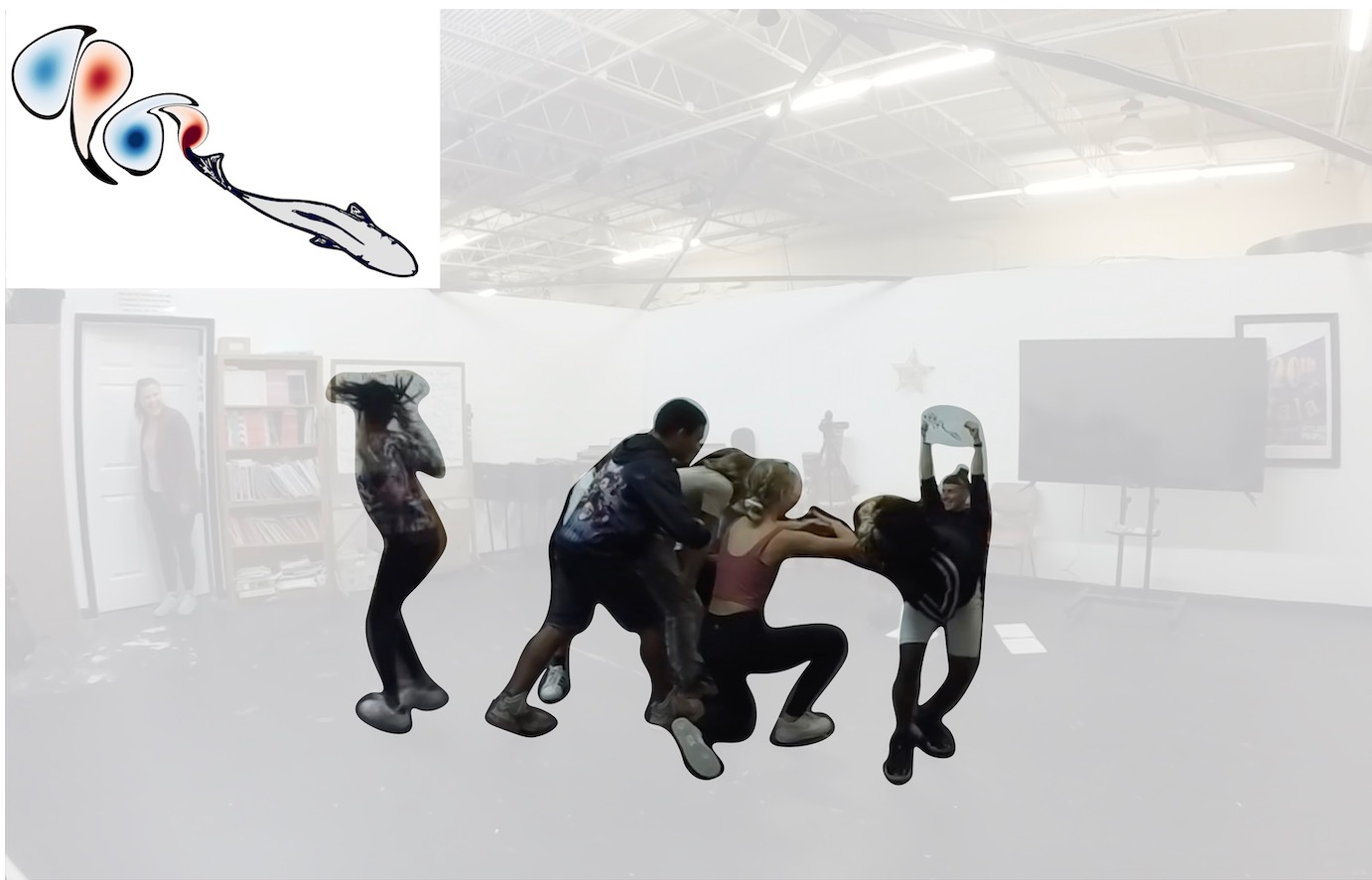
Choreographing Science brings science researchers, youth, and choreographers together in informal community arts spaces to explore the scientists’ authentic research questions through choreographic and computational modeling.

This project explores how students engage with messy, authentic data in interdisciplinary ways and what influences their choices to participate at DataFest.

Conducting a systematic synthesis of the empirical literature on women of color in computing and technology.
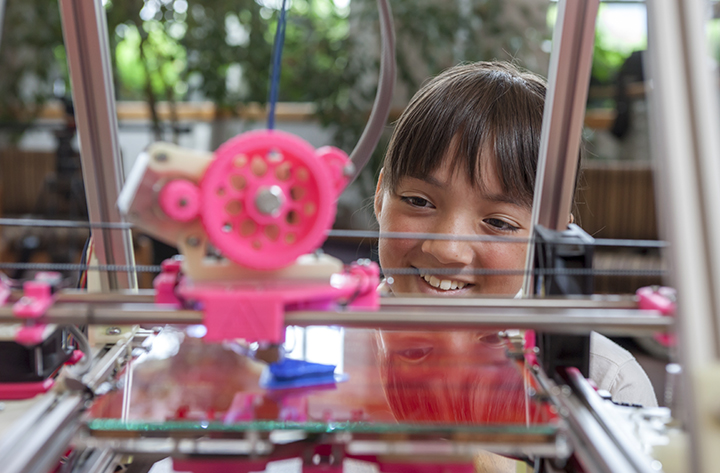
MPACT provides opportunities for students to engage in computational thinking, spatial reasoning, and mathematical concepts through design and hands-on making projects.
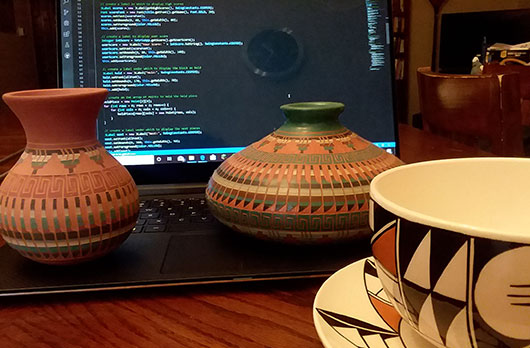
NSP is a longitudinal study on the experiences of Native STEM students, faculty, and professionals and the barriers and supports they encounter in STEM.
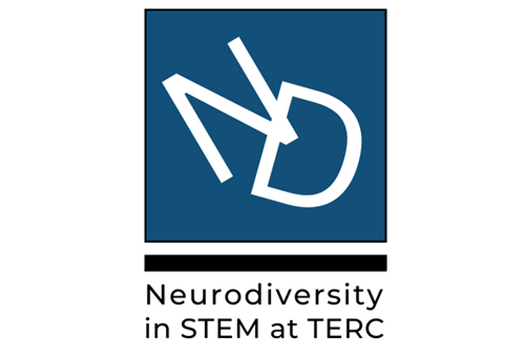
Neurodiversity in STEM is a network of educators, researchers, and designers studying new methods to reveal, nurture, and support STEM problem-solving talents in neurodivergent learners.
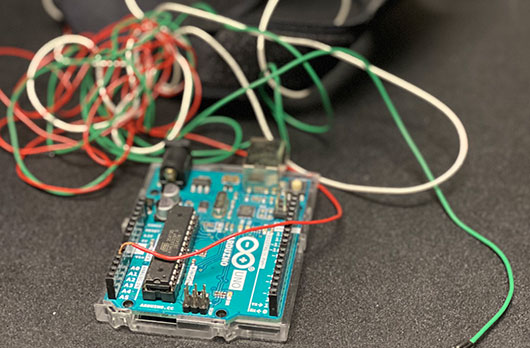
The NeuroVivid project is developing a BCI maker experience for neurodiverse multi-cultural learners to broaden interest in STEM.
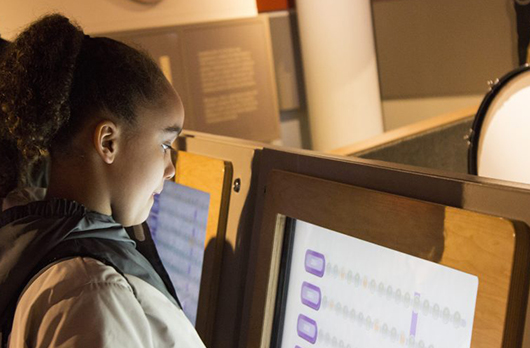
Broadening rural middle school history students’ participation in meaningful and culturally relevant CS instruction.
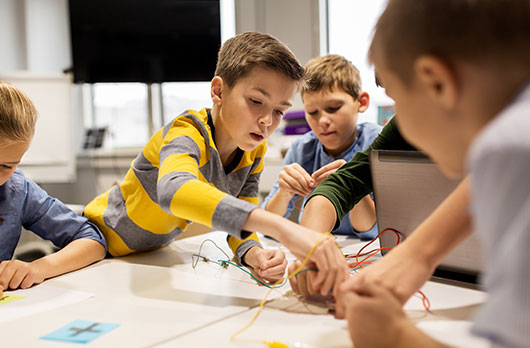
Robots in Science supports middle school physical science teachers to develop and implement integrated robotics units in their classrooms.
